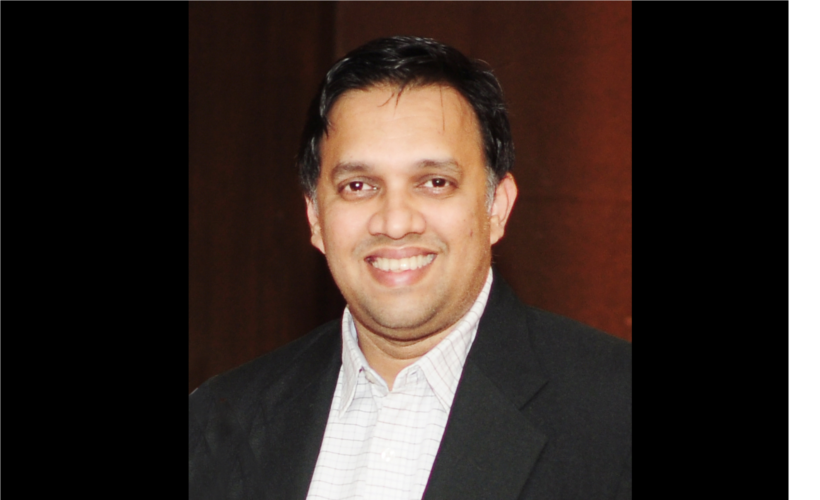
Much as it sounds clichéd, Goa is dependent on tourism. Domestic tourism has been affected with quarantines, lockdowns and curfews limiting the mobility of people and forcing the closure of hotels, restaurants and tourist destinations.
However, as the vaccines roll out and people getting vaccinated, the tourism industry is looking at ways to reopen.
This is likely to be a simpler and more successful operation for domestic tourism.
In fact, with many countries beginning to lift internal restrictions, while international travel remains limited to varying degrees, domestic tourism is set to rise in popularity.
In order to bounce back from the pandemic, the tourism industry in Goa must find ways of adapting to the new normal, while keeping the safety of the local population in mind.
Domestic tourism has restarted and is helping to mitigate the impact on jobs and businesses in some pockets of Goa. However, real recovery will only be possible when international tourism returns.
The survival of businesses throughout the tourism ecosystem is at risk without continued government support, which includes building more resilient and sustainable tourism and at the same time ensuring that the local population does not suffer like it did during the second wave of the pandemic.
More needs to be done in a more coordinated way and the Government together with the tourism industry and its stakeholders needs to address some priority areas, which are:
- Mitigate socio-economic impacts on livelihoods, particularly smaller businesses and ensure economic security.
- Boost competitiveness and build resilience, with promotion of domestic and regional tourism where possible, and facilitation of conducive business environment for micro, small and medium-sized enterprises (MSMEs).
- Promoting safe domestic tourism and implementing strict measures to curb infections.
- Foster sustainability and green growth to shift towards a resilient, competitive, resource efficient and carbon-neutral tourism sector.
- Putting the locals first and working together to ease and lift travel restrictions in a responsible and co-ordinated manner.
While flexible policy solutions are needed to enable the tourism economy to live alongside the virus in the short to medium term, it is important to look beyond this and take steps to learn from the crisis, which has revealed gaps in government and industry preparedness and response capacity. Co-ordinated action across governments at all levels and the private sector is essential.
If one were to closely observe the hordes of domestic tourists who have descended on Goa, one will see that very few are wearing masks while maintaining the sham of social distancing, from other groups and each other as well. This scene is familiar in all the tourist hotspots in the State. Neither the heat nor the pandemic are deterrents to people wanting to have a jolly good time after being holed up in their homes during the dismal first half of the year. Nevertheless, in the midst of a receding second wave and the dreaded third wave hanging like a sword over our heads, we the locals find ourselves grumbling over the lackadaisical attitude of these guests to our State.
Goa’s limited healthcare infrastructure is not in a position to handle an influx of positive or asymptomatic leisure tourists, and the rising number of locals infected with the virus. Even if the numbers of those testing positive for Covid-19 in the State is decreasing, this is not a time to be reckless with safety and throw Covid norms to the winds.
The Government and tourism stakeholders need to put strict measures in place making sure that tourists wear a mask and follow Covid appropriate behaviour, especially in places frequented by tourists.
Goa cannot afford another health crisis, nor can we put our locals at risk and strain our healthcare workers.
As we all restart tourism from ground zero, we need to rebuild, reinvent and reboot tourism. We need to collaborate amongst the Government, stakeholders, tourists and the locals to survive and thrive, while keeping sustainable tourism as a top priority.





